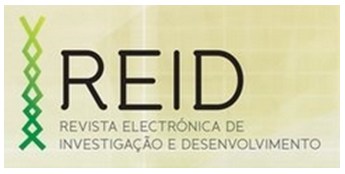Academic Entrepreneurship: An Experience Report in a Resource Center at Rovuma University
Sofia Vasco
DOI:
https://doi.org/10.70634/reid.v1i10.115Palabras clave:
creativity, innovation, academic, stimuliResumen
The curriculum restructuring of recent times clarifies the relevance of students of developing their skills, because of the policy provisions produced by the Universities regarding the contact hours between the student and the teacher. The aim of this study was to understand the particularities of academic entrepreneurship in the Mozambican context, which involves stimulating students' creativity and innovation of promising ideas. Methodologically, the exploratory research of the qualitative paradigm was used, where the application of the bibliographic research was also pertinent, as well as the case study, at the Resource Center of University Rovuma. Data collection instruments respected document analysis; participant observation and semi-structured interviews through intentional non-probabilistic and accessibility procedures. The data obtained throughout the research were treated according to the content analysis model. Given this research, it was understood that the achievement of academic entrepreneurship in higher education institutions in Mozambique would contribute significantly to the frame of man as a person, as well as to social development. Academic entrepreneurship promotes social inclusion, the detachment of the formative idea, corporate employment, the increase in the number of applied scientific researches and the emergence of more companies in the country, among other advantages.

